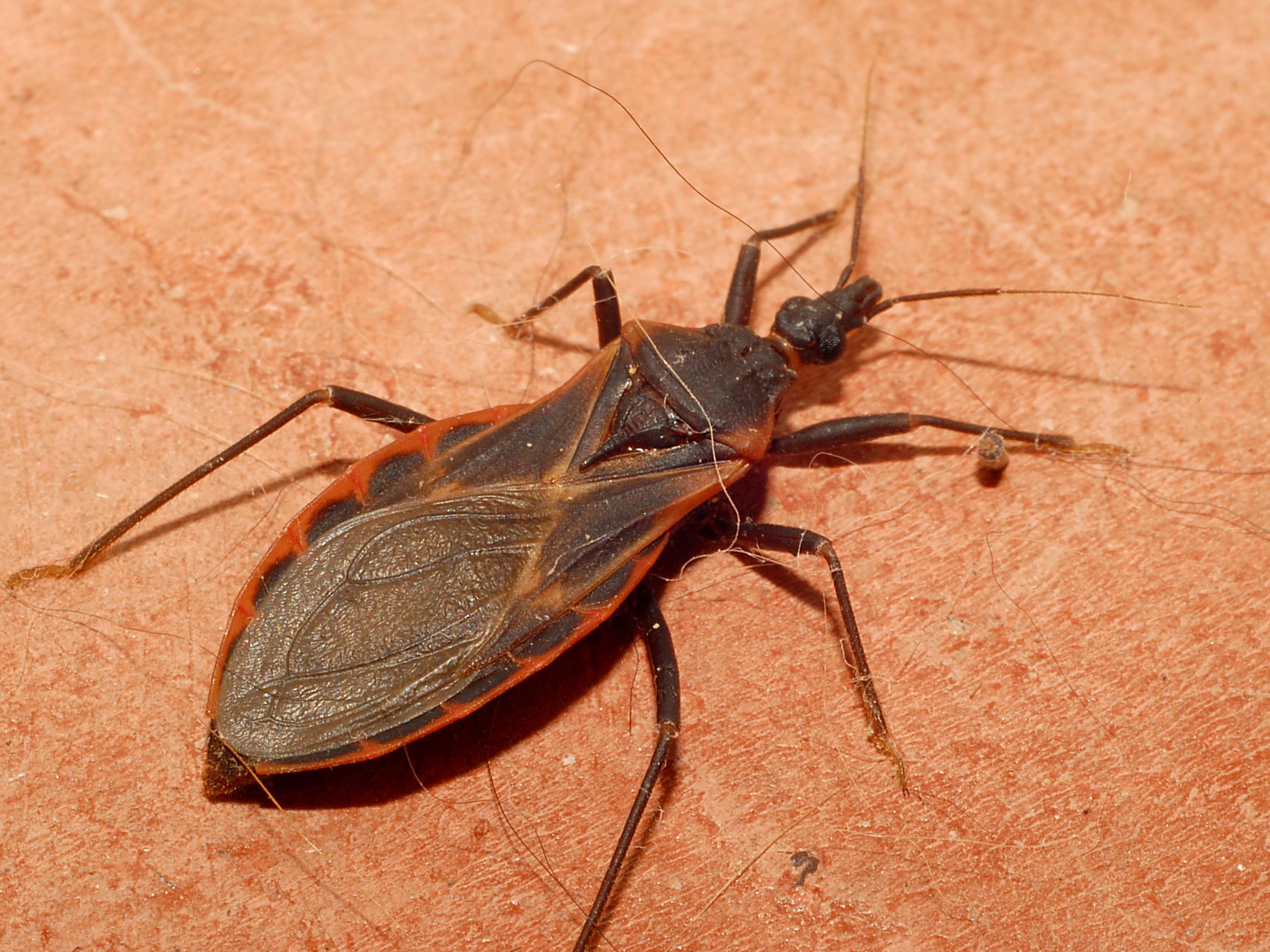Chagas: 'Kissing bug' responsible for deadly infection spreads across America
The triatomine bug most commonly bites victims on the face and can cause long-term cardiac damage

Your support helps us to tell the story
From reproductive rights to climate change to Big Tech, The Independent is on the ground when the story is developing. Whether it's investigating the financials of Elon Musk's pro-Trump PAC or producing our latest documentary, 'The A Word', which shines a light on the American women fighting for reproductive rights, we know how important it is to parse out the facts from the messaging.
At such a critical moment in US history, we need reporters on the ground. Your donation allows us to keep sending journalists to speak to both sides of the story.
The Independent is trusted by Americans across the entire political spectrum. And unlike many other quality news outlets, we choose not to lock Americans out of our reporting and analysis with paywalls. We believe quality journalism should be available to everyone, paid for by those who can afford it.
Your support makes all the difference.A dangerous insect known as the “kissing bug” which can cause an infection leading to long-term damage to the heart has spread across more than half US states, health officials have claimed.
The triatomine bug, which is around an inch long, has earned its nickname due to the way it bites victims around the mouth and face in their sleep.
It has been documented since the 1850s and resembles a cockroach.
And while it does not have a deadly bite, it leaves faeces behind which can cause Chagas disease, an infection responsible for flu-like symptoms, vomiting, muscle pain, difficulty breathing and - if left untreated - death.
While it’s rare to contract Chagas from the so-called kissing bug, there are currently 300,000 cases of Chagas in the US, across 28 different US states.
It is believed most of these people were infected in Latin America, which has more than 8 million reported cases.
The bug is nocturnal and is typically found outdoors, but often hides under beds and mattresses.
The disease can also be contracted by dogs, but is not spread by human-to-human transmission.
Join our commenting forum
Join thought-provoking conversations, follow other Independent readers and see their replies
Comments